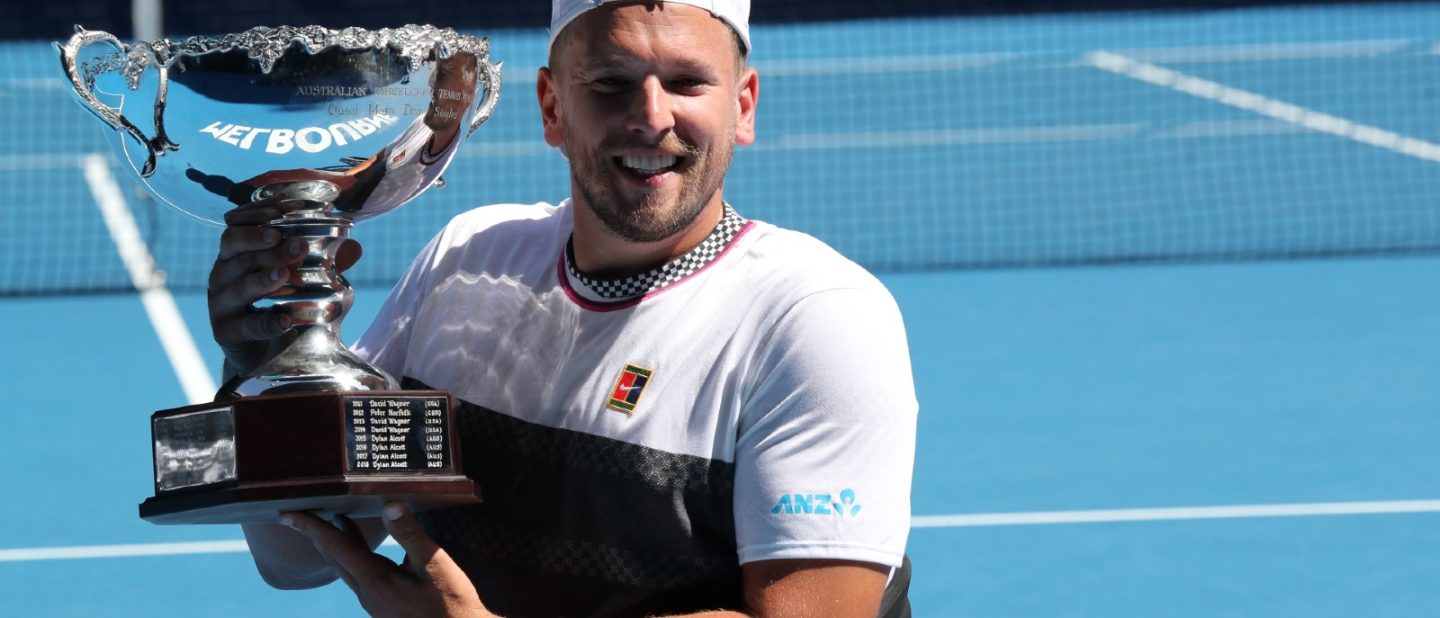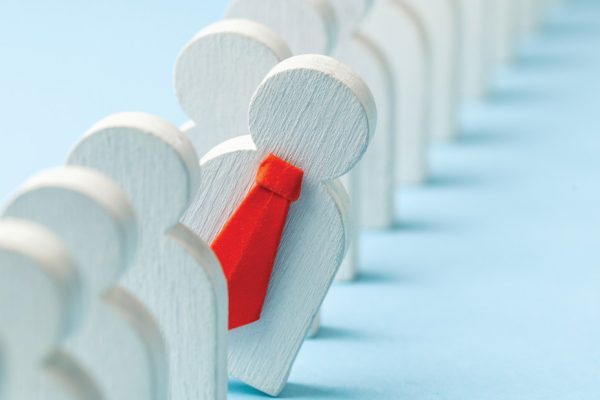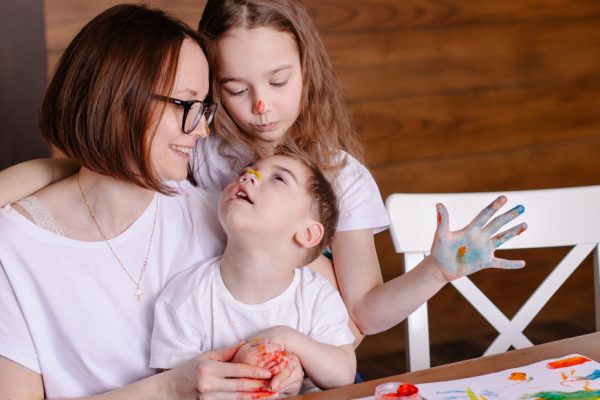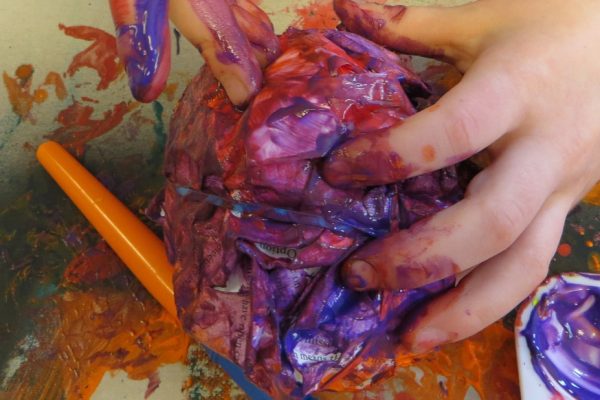
Inspiring a new generation of young athletes
By Rachel Williams
Hundreds more children with disability from across Australia have been inspired to pick up a ball, get into the pool or take up track running after the successful Tokyo Paralympics.
While Australia finished 8th on the medal tally with 21 gold, 29 silver and 30 bronze medals, the real rewards will be felt into the future, with a massive increase in participation expected as a result of the awe-inspiring performances by our representatives.
Disability Sports Australia CEO Murray Elbourn says the Paralympics were a major success for our country.
“This was our most successful games yet from a total medal tally and so yes, everyone really put in at Tokyo despite very little opportunities to train or compete due to
Covid,” Murray says.
But the most special outcome was the massive support our athletes received online and on television during the games.
“My best memory from the games was seeing the amount of support from mainstream Australians who really embraced disability sport through outstanding viewer ratings, which were four times better than Rio 2016,” Murray explains.
It seems those viewer numbers will translate into increased participation – a great result given that of the 472,000 NDIS participants registered across the country, Murray says only around four per cent are active through community sport.
“We saw a 435% increase for enquires during the Paralympic Games,” he says.
Players and aspiring players across are being encouraged to sign up through the new National Referral Hub, a website t hat allows you to look up support providers, therapists and inclusive sporting clubs.
Disability Sports Australia is also working with Occupational Therapists Australia, Exercise and Sports Science Australia, the Australian Physiotherapy Association and Sports Medicine Australia to ensure that links can be made with local sporting groups and support providers to promote greater activity in the sector.
Murray says they anticipate 10,000 referrals through the Hub in the first 12 months, with the coverage of the Paralympics inspiring many children to dream big.
“If you can’t ever see yourself achieve with your disability, it’s extremely hard to motivate your own ambitions,” Murray says.
“We see this all the time with our Variety Activate Inclusion Sport Days program for school aged kids. This is why Disability Sports Australia are pushing for more disability sport on mainstream media.
“Australians with disability need to see what is possible and set goals to become more active, more often.”
Another positive step in that direction will come from the announcement that Brisbane will host the Olympics and Paralympics in 2032, with three-time Paralympic gold medallist Kurt Fearnley set to serve on the Organising Committee.
“This is a very important step for disability sport and participation around marketing and coverage to find the future Paralympic athletes,” Murray explains.
“DSA will work closely with our Government and sport partners including our Queensland member Sporting Wheelies and Disabled Association to really drive outcomes.”
There are over 30 sports to chose from in the Paralympics and the options increase further with various disability components and classifications for those sports. For a full list of the sports and classifications, people can visit dsa.lexi.global to start developing their dreams for 2032.






